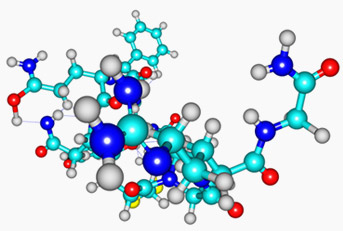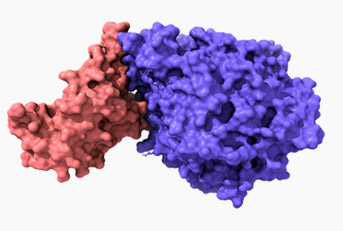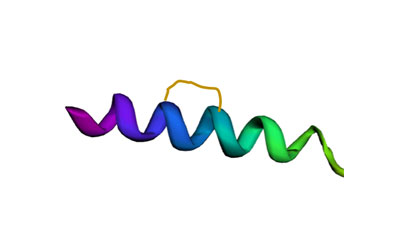VGLL1 peptide anticancer drug (VGLL1-TEAD4 interaction inhibitor)
-
Background knowledge
VGLL1 binds to the transcription factor TEAD4 to express various target proteins, such as MMP9, and enhances the proliferation and metastasis of cancer cells (A).
-
Target diseases
Progressive gastric cancer, triple-negative breast cancer, lung cancer, pancreatic cancer
-
OCG-01-0713
A peptide containing the amino acids of VGLL1 at the interaction site between VGLL1 and TEAD4, acting as a VGLL1-TEAD4 interaction inhibitor (B).
-
Current situation
Peptide optimization and deveopment of oral formulations
-
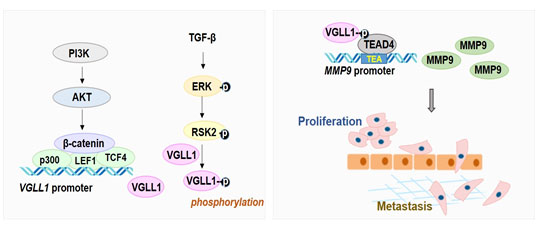 (A) Cancer-related functions of VGLL1 (Cancers 11 2019)
(A) Cancer-related functions of VGLL1 (Cancers 11 2019) -
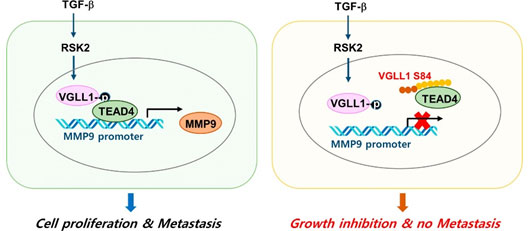 (B) Mode of action of OCG-01-0713 (BBA-MCR 1868, 2020)
(B) Mode of action of OCG-01-0713 (BBA-MCR 1868, 2020)


